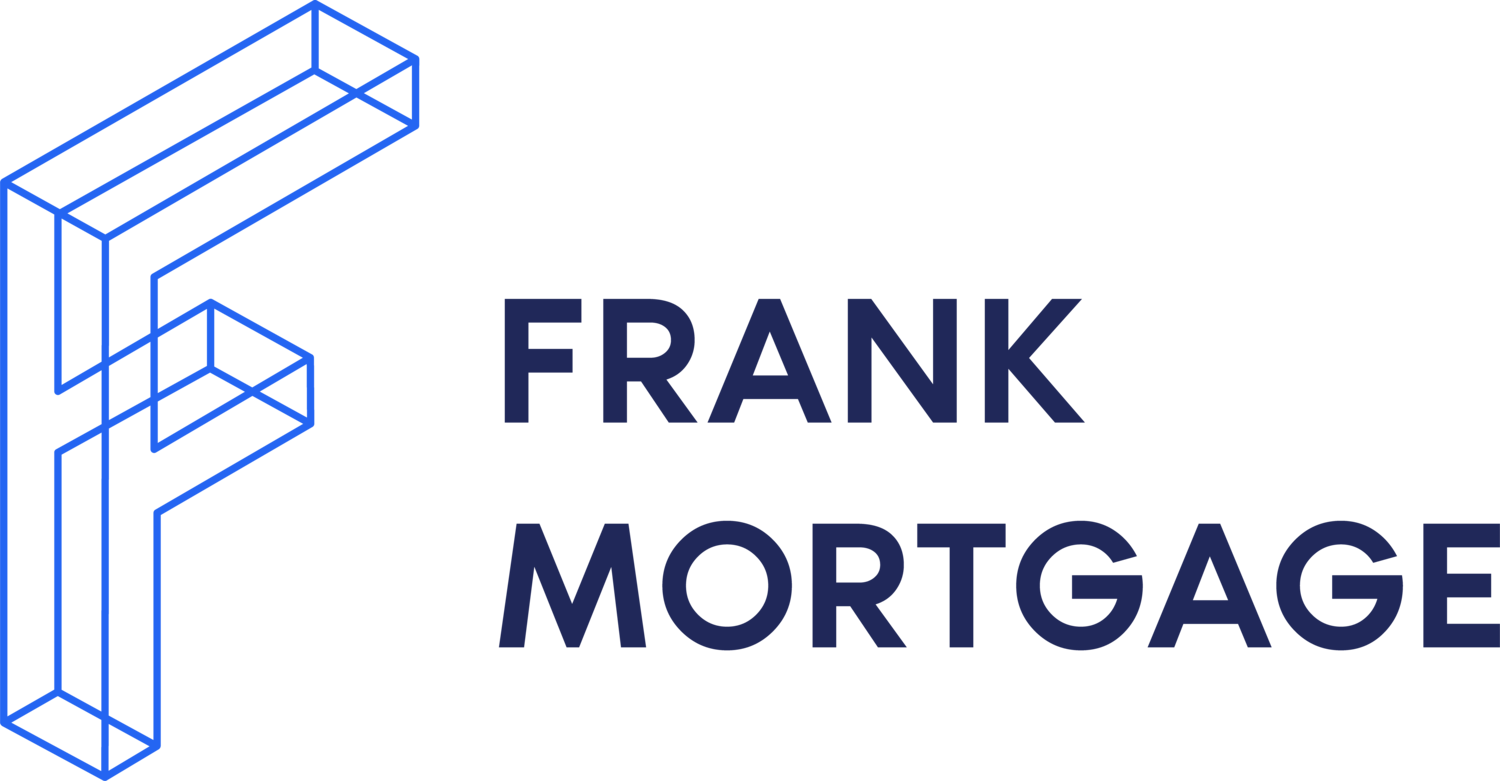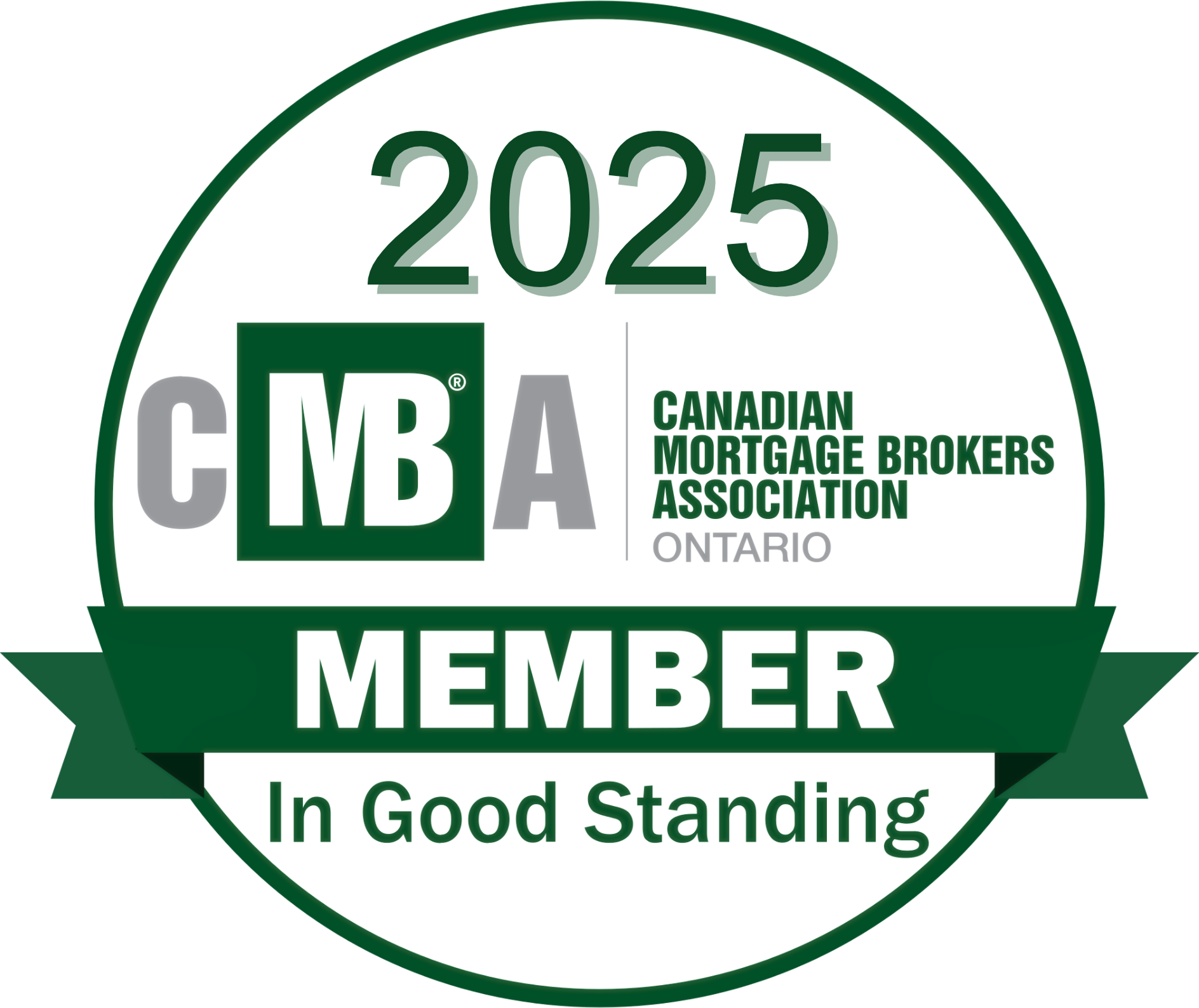Gifted Down Payments
Plus, Things You Need to Know About a Mortgage Gift Letter
You believe you are ready to own a home. You look around the market and realise you don't have enough money set aside for a down payment. Due to record-breaking home prices around the country, down payment requirements are higher than ever. Where can you get the money to make the needed down payment if you don't have enough money saved? Family is the best solution, and we are seeing gifts from family much more regularly these days.

Rising House Prices Hurt Prospective New Home Purchasers
Young Canadians have never been more pessimistic about their ability to afford a home in Canada. This is understandable, with house prices rising so much in recent years that the average Canadian house price is now greater than seven times the average household income. Add to this the current trend of rising interest rates, plus a mortgage stress test, and qualifying for a mortgage has never been more difficult. Unfortunately, for many people, this means they can’t afford to own a home, either because they don’t have enough money for a down payment or because their debt ratios are too high, or both. This forces some prospective home buyers to the sidelines, while others turn to Alt or private lenders that charge much higher rates and fees.
Family Help
There are several ways to get help from family if you are struggling to qualify for mortgage financing. Family members can act as co-signors or guarantors on the mortgage. This creates contractual obligations for them that last the duration of the mortgage. An increasingly common way for family to help is by providing a gift of money to help a borrower with the required down payment.

Gifted Down Payment
A gifted down payment is exactly what it sounds like: money given to a borrower to put toward their down payment. Lenders require the gift to be from a close family member, typically considered to a be a parent, grandparent, sibling, child, legal guardian, or spouse.
There are a few things to note about gifted down payments:
- The funds must truly be a gift. This means that you cannot be required to repay the funds. If the gifted funds are repayable then they are considered a debt of the person receiving the funds and this can make it more difficult to qualify for a mortgage;
- Since the funds are a gift, they are not taxable;
- Lenders will check to see that the gifted funds did indeed come from the giftor by checking their bank statements. They will also want to see the deposit into your bank account;
- The giftor will have to provide a mortgage gift letter.
Note that gifted down payment funds are not accepted for rental properties or cottages.
Mortgage Gift Letter
A mortgage gift letter is a standard form letter. Your lender will provide a template for you to use. A mortgage gift letter must state the following:
a. The giftor’s name;
b. Their relationship to the recipient;
c. The amount being gifted;
d. The source of funds;
e. The date of the gift;
f. A statement that says there is no obligation to repay the gifted funds; and
g. The giftor’s signature
The lender will need this written assurance that the funds are not repayable.

How Much Can be Gifted for a Mortgage Down Payment?
In Canada there is no cap on the amount that can be gifted. A recent report by CIBC showed that the average gift amount for first-time homebuyers in Canada rose to $82,000 in 2020. This compares to an average of $52,000 in 2015. These amounts were even larger in Canada’s biggest cities. CIBC estimated the gifted down payment average to be $130,000 in Toronto in the first three quarters of 2021 and $180,000 in Vancouver. As this shows, the gifted amounts can be substantial.
The key determinant of the gifted amount is the down payment required to get a mortgage. The minimum down payment for an insured mortgage is 5% of the home’s value. The minimum down payment for a conventional, uninsured mortgage is 20%. If you are a full-time, salaried employee, the entire amount of the down payment can be gifted. If you are self-employed you need to provide at least 5% yourself and the remaining 15%, or more, can be gifted. However, the minimum down payment requirement isn’t the only thing to consider when determining the size of a gift.
A gifted down payment can help you meet the down payment requirement, but you still need to have sufficient income to make the mortgage payments and a good credit score. Even with the minimum required down payment you may not pass the mortgage stress test. One of the key factors in the math of the stress test is the size of the mortgage. The larger the down payment, the smaller the mortgage. The smaller the mortgage, the better your chance to pass the mortgage stress test and qualify for a mortgage.
Get Your Best Mortgage at Frank Mortgage
If you unsure about the down payment requirements or are expecting to receive a gifted down payment amount, please connect with a mortgage expert at Frank Mortgage. We can help you through the mortgage process and find a solution that is best for you. We have advisors standing by to take your call at
1-888-850-1337, or you can go to
www.frankmortgage.com to sign-up and we can help you online.
About The Author

Don Scott
Don Scott is the founder of a challenger mortgage brokerage that is focused on improving access to mortgages. We can eliminate traditional biases and market restrictions through the use of technology to deliver a mortgage experience focused on the customer. Frankly, getting a mortgage doesn't have to be stressful.
Related Posts






